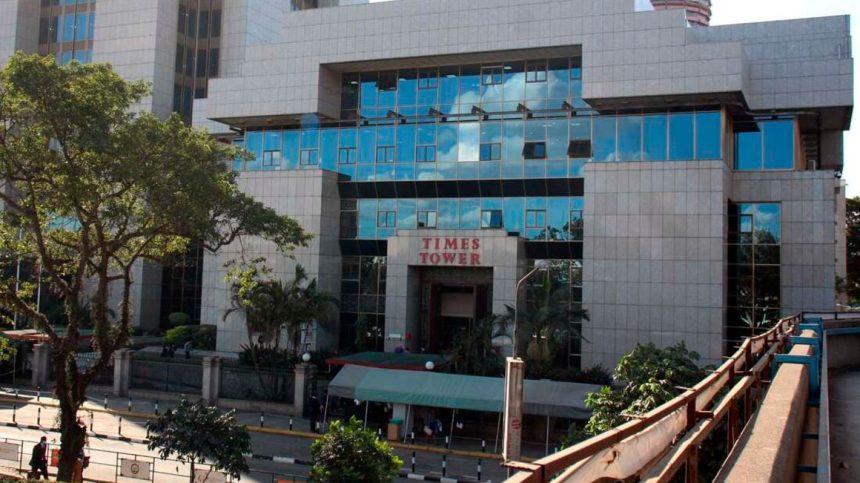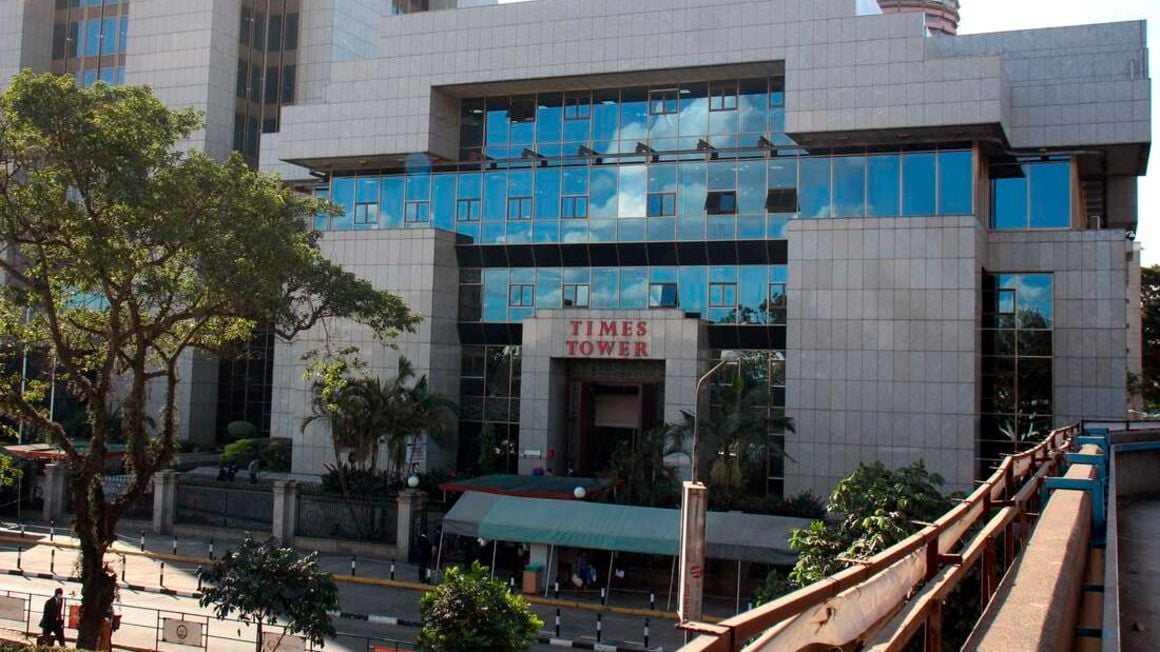The Kenya Revenue Authority (KRA) plans to train computer audit specialists as it seeks to mine data, including hidden accounts and deleted files from taxpayers’ computers, to uncover tax frauds.
The Treasury has disclosed to the International Monetary Fund (IMF) that the KRA will by the end of June next year, have trained specialists and equipped them with advanced Microsoft Excel techniques as part of efforts to refresh and upgrade staff skills in the audit function.
The authority will also set up audit quality review teams for all Nairobi Tax Service offices by June next year in efforts aimed at enhancing the level of compliance among taxpayers.
A senior official at KRA, who did not want to be named, explained the move is aimed at enhancing capacity of the taxman to zero in on both physical and digital records of taxpayers to ensure they are paying all their dues.
“KRA committed to strengthening regional audit centres to have enough capacity in audits and implementing data-driven compliance risk management measures to ensure every taxpayer is remitting a fair share of taxes,” said the source.
Most of the evidence KRA gathers during the course of its investigations has become digital such as emails, texts, video, audio, image files and other transactional data on hard disks, creating the need for computer audit specialists.
Techniques such as misnaming a file to something harmless or altering its extension to a different type of file to disguise its content are among the schemes KRA hopes to smoke out.
Investigations of such crimes, usually require sophisticated data acquisition and mining and analytics.
Apart from training, KRA says it will be strengthening its data analytics capabilities as it trains eyes on reconstructing digital transactions and providing insights into complex dealings. Use of data and analytics will include “implementation of advanced analytics and expert models of fraud detection and risk management.”
The taxman’s latest move, added to the plan to set up a digital forensic laboratory, promises to rattle those who have been riding on digital underworld to evade taxes.
KRA in May last year opened the search for a consultant to set up a lab for forensic acquisition, extraction and e-discovery of materials in a move the taxman said will boost its capacity to carry out efficient intelligence gathering and investigations to build water-tight cases against tax cheats.
There is a growing trend among individuals and businesses to switch from paper-based accounting systems to electronic record-keeping in what has become problematic to catch tax dodgers using the traditional methods that relied on paper trail.
KRA said the lab will have a forensic memory analysis tool that will search files hidden within files, recover deleted files, uncover user activity, recover passwords, access hidden disk areas and find misnamed files.
The taxman must, however, find a way of staying on top of the game given the fast evolving technologies such as cloud computing—which allows individuals and businesses to keep data on the internet through a cloud computing provider.
Retrieving of such data by a third party such as KRA may be problematic due to different data protection laws applied in different jurisdictions.
KRA in 2021 rolled out its eighth strategic plan which is focused on increased revenue mobilisation through tax simplification, technology-driven compliance and tax base expansion.
The taxman targets to collect Sh6.8 trillion over the period 2021/22 to 2023/2024 financial years, being an average of Sh2.266 trillion every year.
Collections for 2021/22 and 2022/23 totalled Sh4.19 trillion, meaning the taxman requires to collect Sh2.6 trillion to hit the three-year target.
KRA now targets collecting Sh2.768 trillion in the current financial year and breaching the Sh3 trillion mark by 2024/25.
President William Ruto’s administration is keen to go after the informal sector and the digital economy cut some of the current tax incentives and expand the tax base to stem the rising share of debt in the national budget.
Ordinary revenue accounted for 71.9 percent of Kenya’s budget in 2011/12, with the 28.1 percent shortfall being financed through debt, appropriation in aid (A-I-A) and grants but this has been shifting, with taxes funding just 56.8 percent of the 2021/22 budget.




